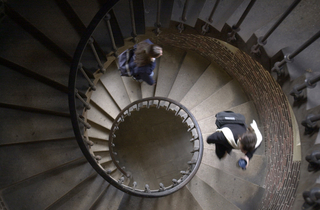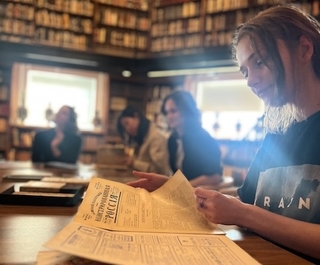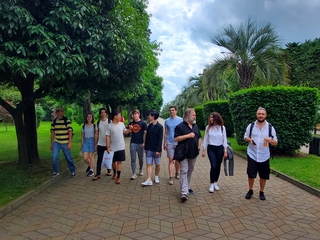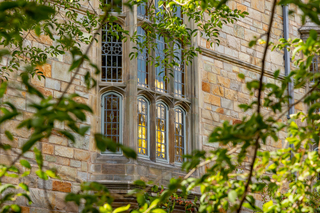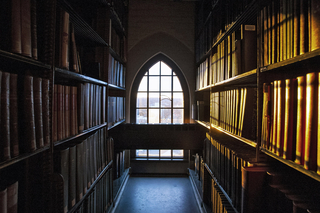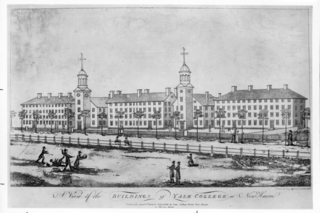The department of Slavic Languages and Literatures at Yale is committed to innovative teaching and scholarship on the languages, cultures, and societies of Russia, Eastern Europe, and Eurasia.
Our faculty are recognized leaders in their fields both nationally and internationally, and have established themselves as popular and influential teachers on campus.
We highlight the diversity and dynamism of the regions’ cultures and engage in conversation with the wider humanistic, theoretical, and political concerns of times past and present.
The extensive Slavic holdings in the Yale University Library system is one of the greatest research collections in the world.

